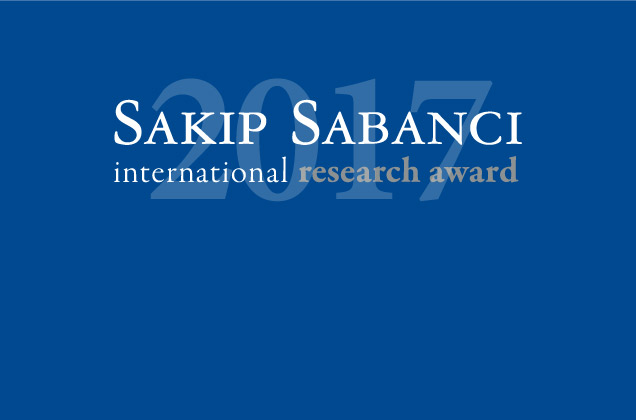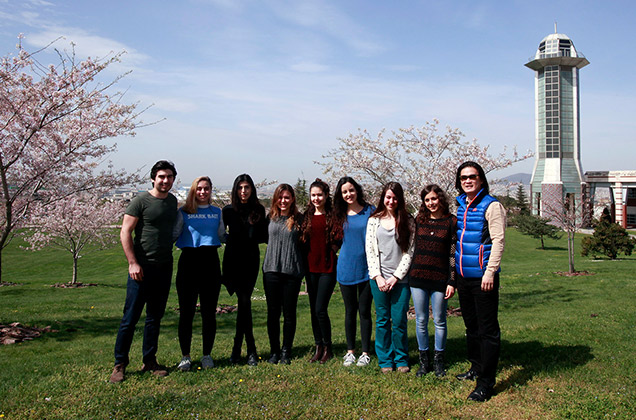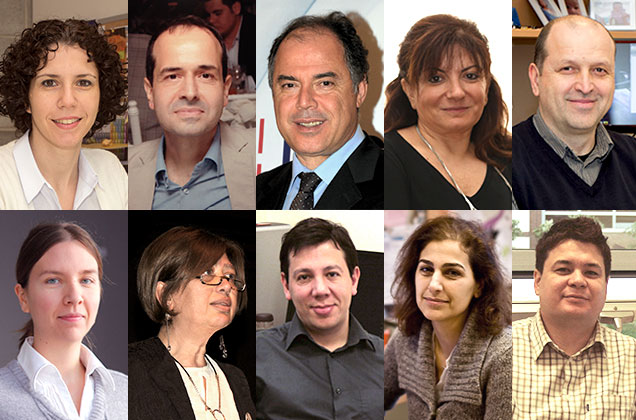06/02/2017
Sabanci University Summer School (June 28 - August 18, 2017) has a job opening for the following undergraduate course in Psychology:
PSY 303 - Research Methods
03/02/2017
Dr. Carmine Difiglio assumed his new position of Sabancı University Istanbul International Center for Energy and Climate (IICEC) Director
It is with pleasure that we announce that Dr. Carmine Difiglio has become the Director of Istanbul International Center for Energy and Climate (IICEC) and Visiting Professor at Sabancı University as of January 2017.
02/02/2017
"The 18th European Mediterranean Young Artists Biennale, Turkish Selection"
The first exhibition of the year at Kasa Galeri consists of the works of Berna Tonyalı and Akın Güreş, who were chosen to represent Turkey in the 18th European Mediterranean Young Artists Biennale.

30/01/2017
The theme for the 2017 edition of the annual Sakıp Sabancı International Research Awards given by Sabancı University is "Europeans with Legacies from Turkey in Everyday Life." The deadline for submission has been extended to February 1, 2017.

27/01/2017
The Istanbul Policy Center-Sabancı University-Stiftung Mercator Initiative invites academics, journalists, and professionals to apply for the Mercator-IPC Fellowship Program. The program is based on the premise that the acquisition of knowledge and the exchange of people and ideas are preconditions for meeting the challenges of a globalized world.

26/01/2017
January 17th ELAE result code explanations are as follows:
SL (Satisfactory in the ELAE): indicates students who have received the required grade or above in the January 17th ELAE and who have gained the right to start their faculty studies as Spring (irregular) Freshman in the 2016-2017 Spring Semester.
EL: (Exempt from the ELAE): indicates students who are exempt from the January 17th ELAE. These students have already gained the right to start their faculty courses in the 2016-2017 Spring Semester.
24/01/2017
Alex Wong and Visual Arts and Visual Communication Design students take part in the Boston Festival

An animated film made by Faculty of Arts and Social Sciences member Alex Wong and a team of Visual Arts and Visual Communication Design students has been accepted to the Boston International Film Festival.
20/01/2017
The TÜBİTAK Scientific and Technological Research Support Program (1001) to encourage projects on new knowledge generation, scientific advances and solutions to technological problems decided to support 10 projects by Sabancı University faculty and researchers for the first term of 2016.
